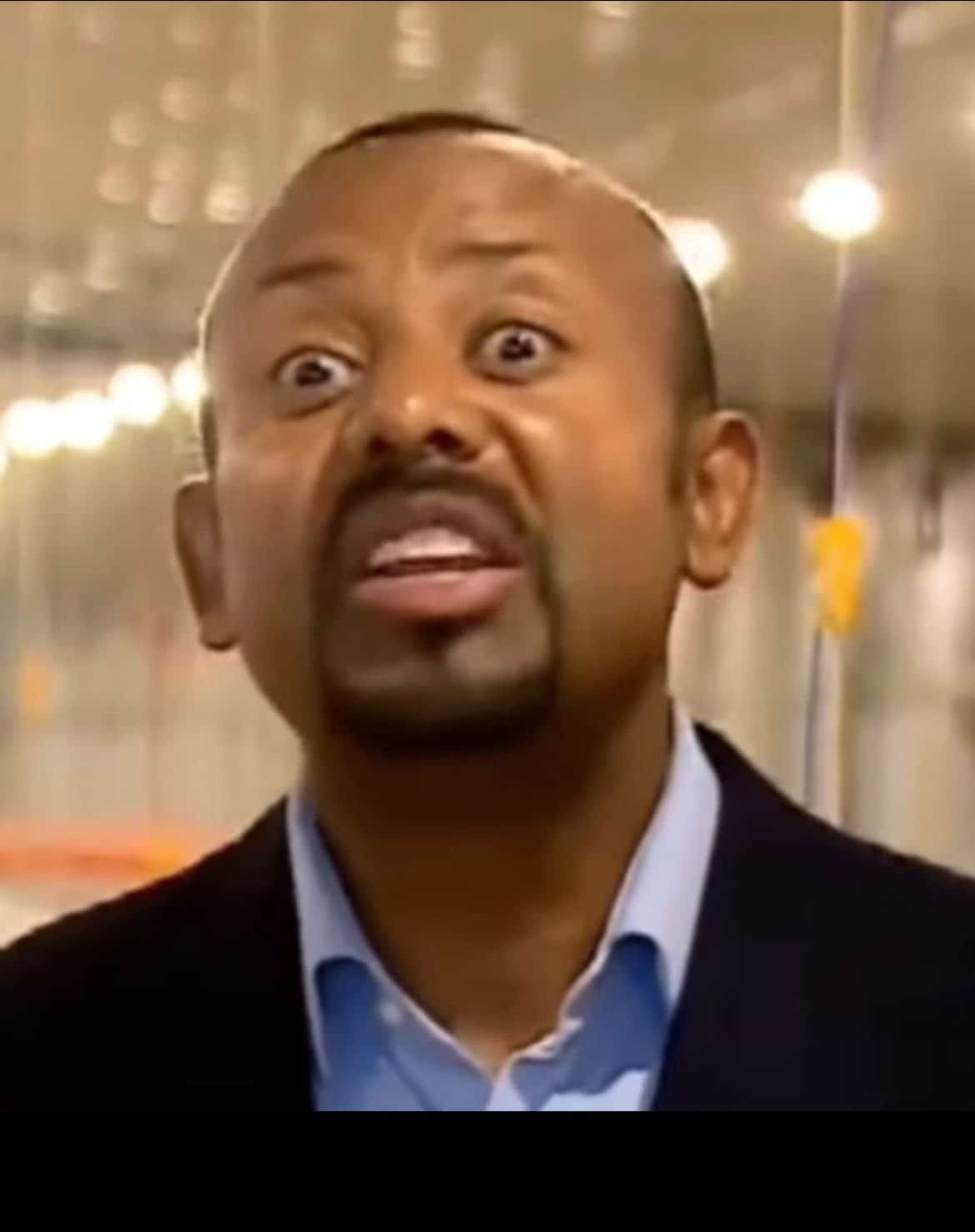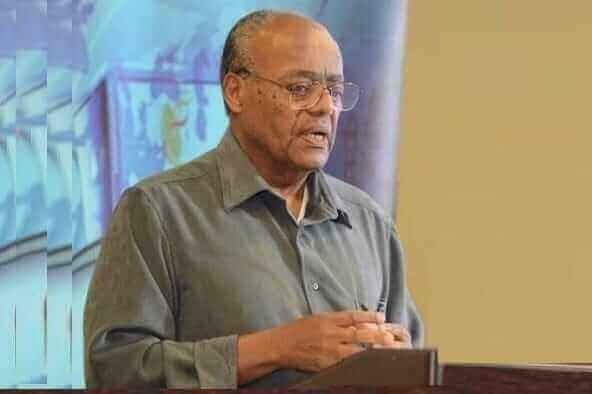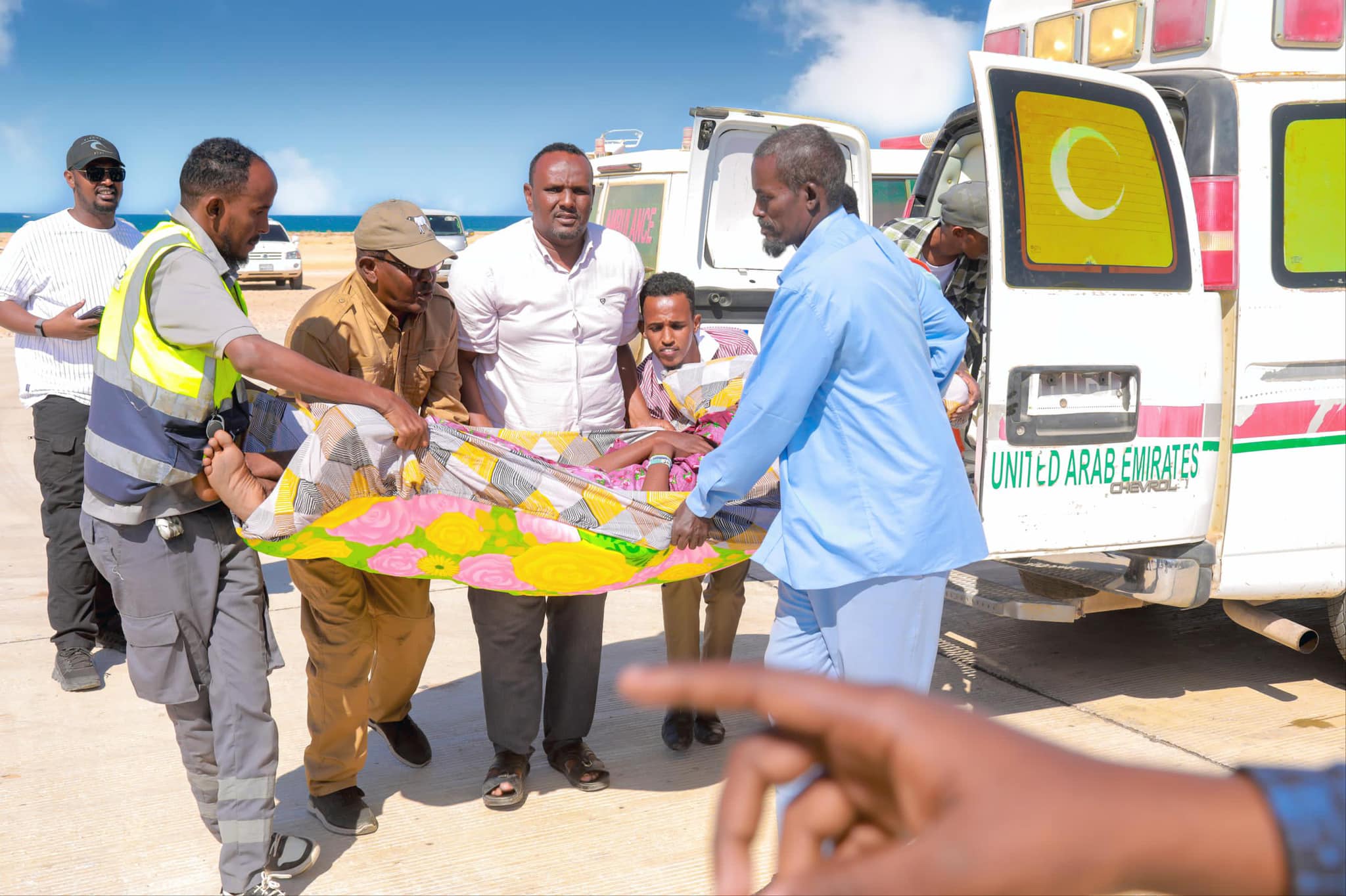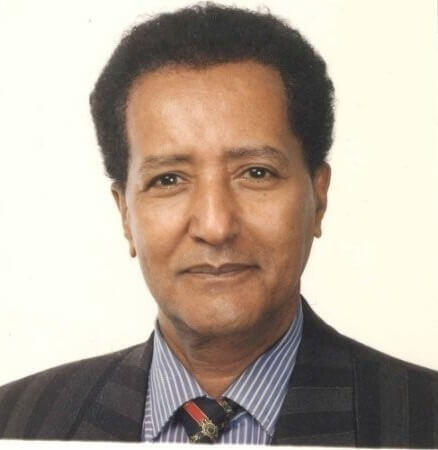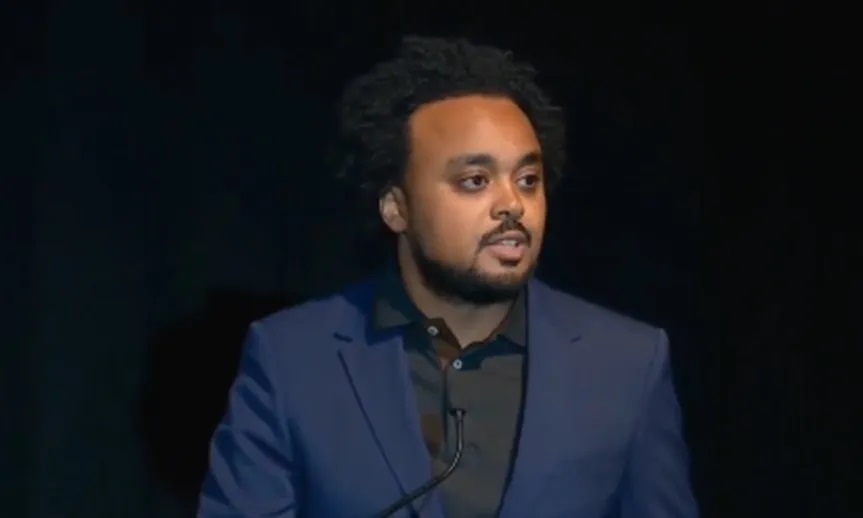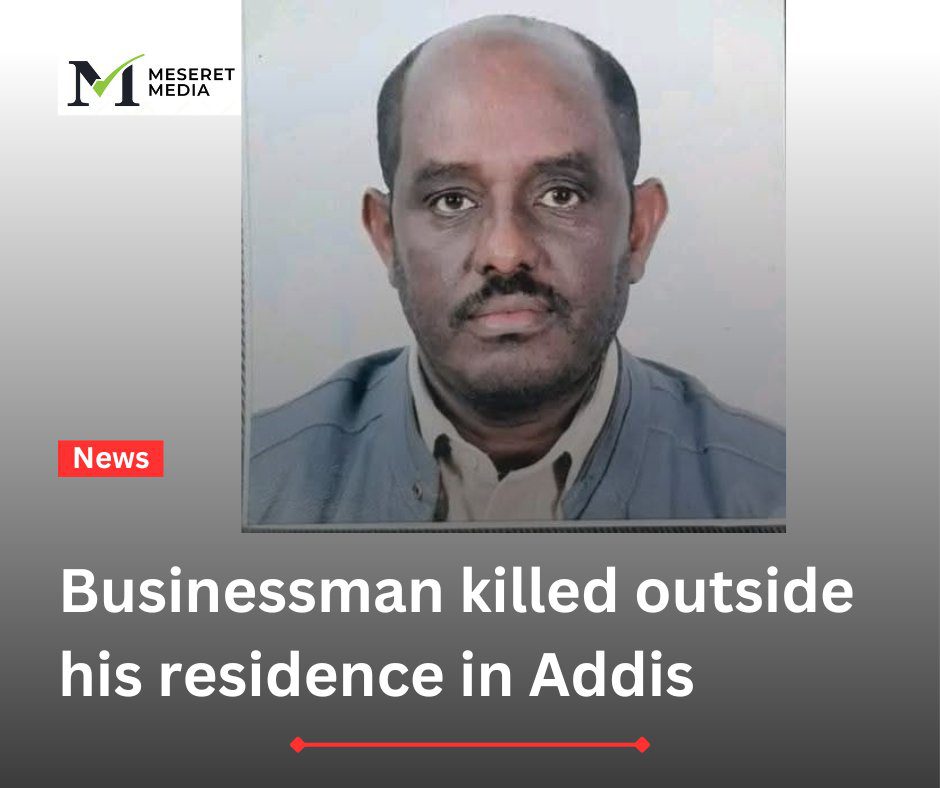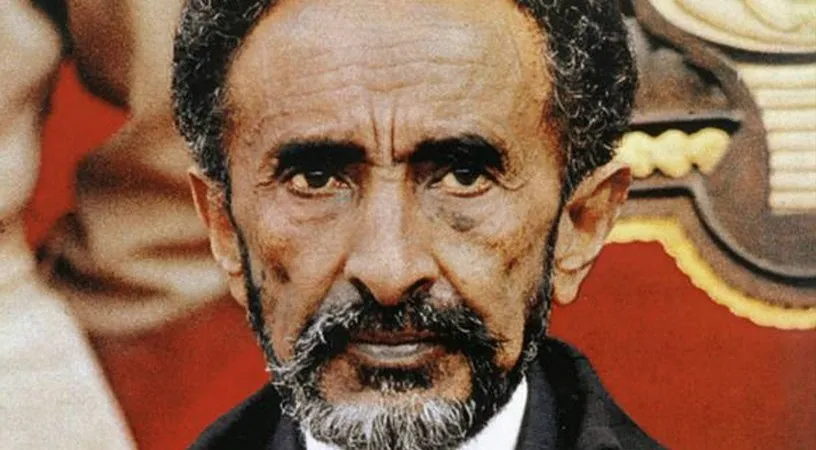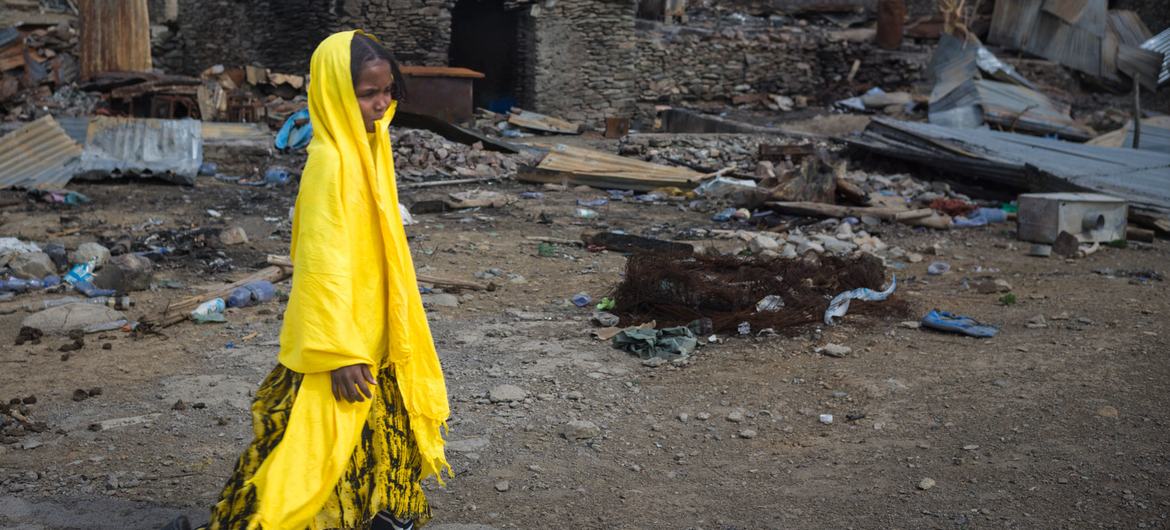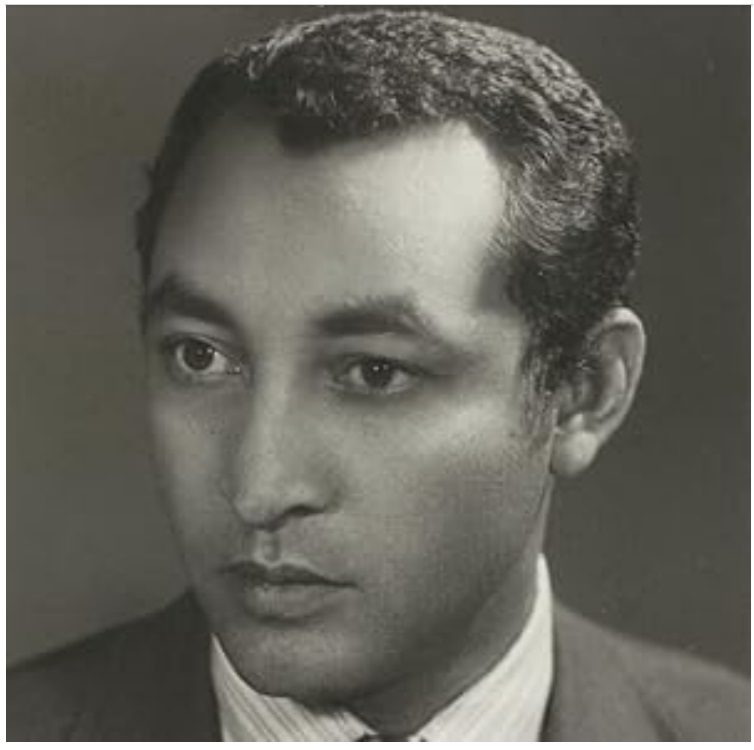Belay Seyoum (Prof)
January 8, 2021

Ethiopia, the largest country in East Africa has a rich history. Its unique civilization dates to the second millennium BC. It is home to the earliest human ancestors and a resting place of the Ark of the Covenant. It is the only country in Africa that was never colonized and with its own indigenous alphabet. It is also a founding member of the League of Nations and the African Union. However, subsequent generations have failed to build on this great legacy and Ethiopians continue to suffer from a string of authoritarian regimes that have hindered the country’s potential for greatness. Ethiopia has never held a free and fair election in its history. It has either been ruled by monarchies or single party regimes that have no accountability to their citizens.
Since 1991, Ethiopia has been ruled by a coalition of four parties that are organized along ethnic lines. The Tigray Peoples Liberation Front (TPLF) dominated the coalition and set the political and economic agenda for the country. Even though Tigray accounts for less than 6 percent of the country’s population, TPLF members controlled the military, security apparatus and the economy. After 27 years in power, the government neither delivered the democracy nor the economic prosperity that it promised its citizens. Instead, the country long remembered for its promotion of African unity has been reeling under the weight of ethnic politics that has divided the country for control of power and resources. This contrasts with previous regimes that have promoted national unity and de-emphasized ethnic politics.
Despite the government’s promise to open the political space, it was unable to bring about genuine democratic reforms or share power. Most citizens were disillusioned by its widespread repression of opposition supporters and bogus elections in which it declared “overwhelming political victory”. The 2015 election, for example, in which the ruling party won every single seat was widely declared by Human rights groups as a sham. The Africa Program expert at Chatham House in London described the election as an attempt by the ruling party to foster “controlled” or “non-competitive” political participation by the Ethiopian people.
In view of this glaring democratic deficit in the country, the government began to claim legitimacy by introducing economic reforms. Leading officials began to advance the argument that they must stay in power to maintain stability and that democracy should take a back seat to the consolidation of power. Even in the economic sphere where the state claims to have achieved some successes, there is a mixed picture. There were undeniably high levels of investment in infrastructure and some manufacturing but the progressive increase in prices and income inequality impoverished the middle- and lower-class citizens. For example, the country continues to experience the strongest acceleration in food price inflation in Sub-Saharan Africa (other than Zimbabwe) and high rates of youth unemployment. T. Hagmann & J. Abbink in their review of Ethiopia’s economy during the period 1991-2011 show that TPLF-affiliated firms and individuals held dominant positions in mining, finance, construction, transportation, and agriculture and that non-TPLF businesses were often sabotaged, threatened, subject to fake legal threats and largely driven out of business. Furthermore, illicit financial flows, land grabs, evictions and home demolitions were routine. The Global Financial Integrity Report (2005-2014) indicates that illicit financial outflows (money laundering, trade mis-invoicing, other illegal transfers) ranged from 8-31 % of the country’s total trade and estimated at 23 billion USD.
The policy that has the most pernicious effect on national unity is the one that enshrines neo-Stalinist rights of nationalities. The constitution provides for autonomy up-to and including secession. The idea of designating regions by ethnicity and giving them the right to secede is setting a dangerous precedent for any populist demagogue to break the country rather than engage in any meaningful dialogue. This identity-based system has already resulted in marginalization of minorities that have lived peacefully for generations and local confrontations about identities and representation in regional politics.
Peoples’ dissatisfaction with these policies led to mass protests which could not be suppressed by threats, incarcerations, or even outright assassination of political opponents. To diffuse this crisis, the governing coalition appointed Mr. Abiy Ahmed, who comes from one of the coalition parties to become prime minister in 2018. Mr. Abiy Ahmed quickly tried to move the country away from ethnic federalism towards a pan-Ethiopian system. TPLF’s influence within the government began to dwindle and the new government began to arrest several TPLF members who were accused of corruption. Meanwhile, TPLF still controlled the regional government.
As TPLF members saw the impending decline in their role and influence within the Federal government, they withdrew from the coalition and took active measures to destabilize the regime. There is increasing evidence (based on reports from Human rights groups) that most of the violence and displacement of people over the last two years was organized and supported by the TPLF. Their actions represented a state of de facto autonomy as they refused to abide by or enforce Federal law in the region. As their efforts to bring down the government failed to materialize, TPLF attacked and seized a major Federal military base located in Tigray province on November 04, 2020 and effectively declared war on the government. This situation led to a direct military confrontation between TPLF and the Federal government and has resulted in thousands of casualties and deaths.
What are the lessons from this crisis for Africa and other developing countries? First, governments should not compromise on issues of law and order. The preservation of law and order is the primary function of government and leaders who violate their oath of office and attack their own government should be punished to the full extent of the law. Secondly, the government should engage the populace in building genuine democracy which includes building public institutions that gains the trust of their citizens. The present crisis would be unthinkable in a country with democracy and representative institutions. Thirdly, under a federal system of government where there is separation of powers, only the Federal government is responsible for national defense and this entails the acquisition and control of heavy armaments such as tanks, planes to protect the nation. There is no justification for regional governments to keep heavy weapons since the role of their police and militia is largely devoted to maintaining public order and safety, law enforcement and help in emergencies. The accumulation of heavy armaments was one factor that encouraged the regional government to attempt a military takeover rather than engage in genuine dialogue. Finally, a country’s ability to transition from authoritarianism to a successful democracy is highly contingent on whether the elites can compromise and cooperate and make the necessary sacrifices to establish democratic norms and processes. This requires avoiding polarization based on ethnic or religious identities where group members distrust and hold negative views of other groups. What is crucial for building resilient democracies is when the political elite are organized based on central policy questions such as economic, foreign or tax policy. It is difficult to create durable democracy when political parties are based on ethnic or religious identity.
Belay Seyoum is professor of Business and Economic studies at Nova Southeastern University, Fort Lauderdale, Florida.

